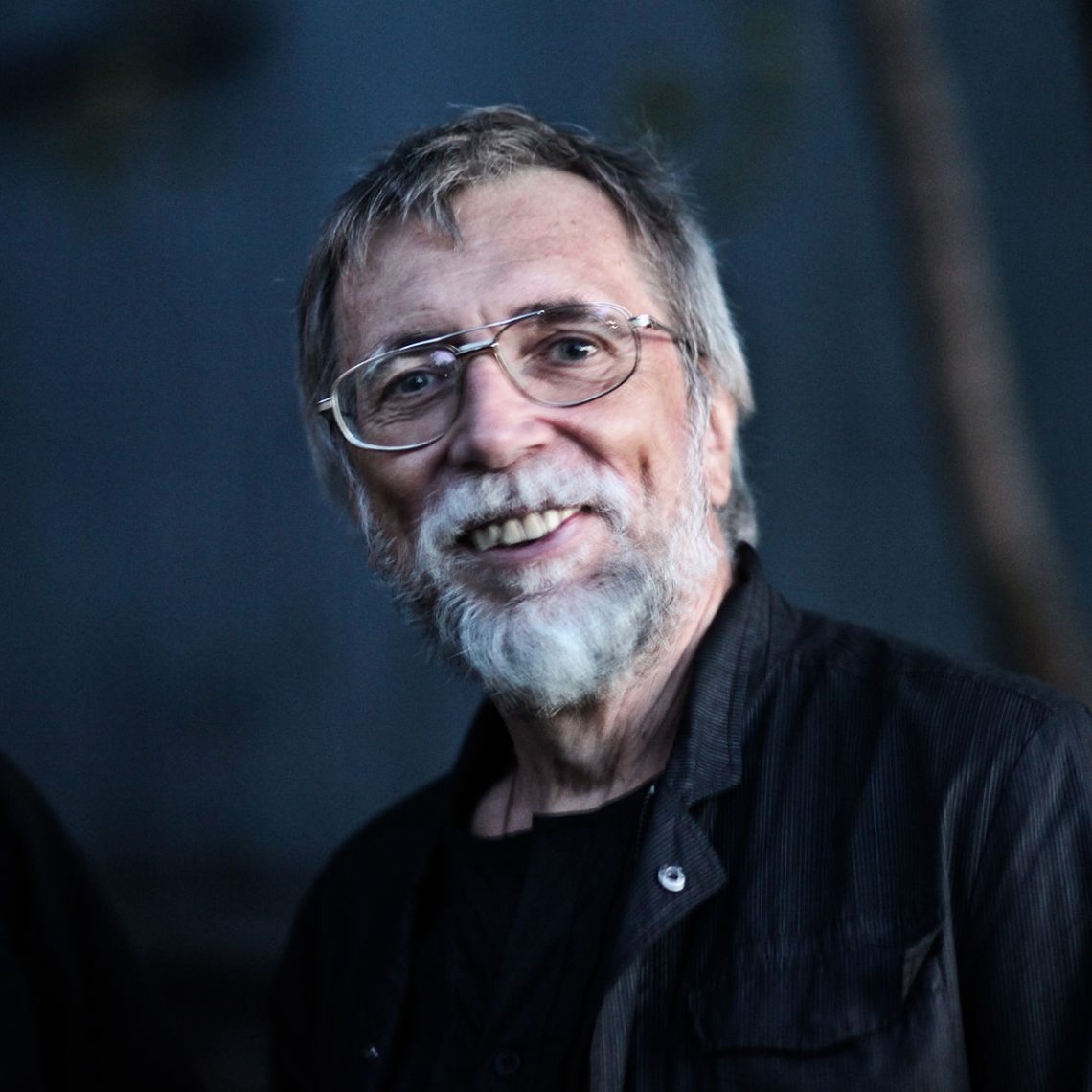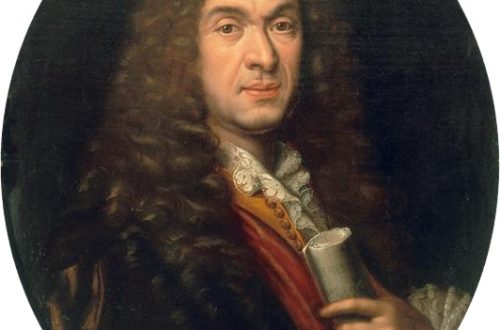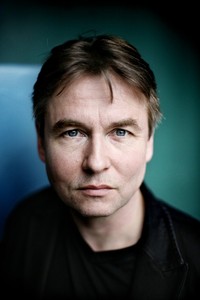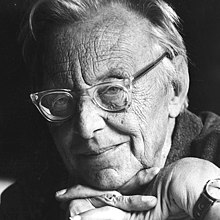
Vladimir Ivanovich Martynov (Vladimir Martynov) |
Vladimir Martynov
Born in Moscow. He graduated from the Moscow Conservatory in composition in 1970 with Nikolai Sidelnikov and in piano in 1971 with Mikhail Mezhlumov. He collected and researched folklore, traveled with expeditions to various regions of Russia, the North Caucasus, the Central Pamir, and mountainous Tajikistan. Since 1973 he worked at the Moscow Experimental Studio of Electronic Music, where he realized a number of electronic compositions. In 1975-1976. participated as a recorder in concerts of the early music ensemble, performing works of the 1978th-1979th centuries in Italy, France, Spain. He played keyboards in the Forpost rock band, at the same time he created the rock opera Seraphic Visions of Francis of Assisi (performed in Tallinn in 1984). Soon he decided to devote himself to religious service. Since XNUMX he has been teaching at the Theological Academy of the Trinity-Sergius Lavra. He was engaged in the deciphering and restoration of monuments of ancient Russian liturgical singing, the study of ancient singing manuscripts. In XNUMX he returned to composition.
Among Martynov’s major works are the Iliad, Passionate Songs, Dancing on the Shore, Enter, Lament of Jeremiah, Apocalypse, Night in Galicia, Magnificat, Requiem, Exercises and Guido’s dances”, “Daily routine”, “Album leaflet”. The author of music for a number of theatrical productions and several dozen animated, film and television films, including Mikhail Lomonosov, The Cold Summer of 2002, Nikolai Vavilov, Who If Not Us, Split. Martynov’s music is performed by Tatyana Grindenko, Leonid Fedorov, Alexei Lyubimov, Mark Pekarsky, Gidon Kremer, Anton Batagov, Svetlana Savenko, Dmitry Pokrovsky Ensemble, Kronos Quartet. Since 2002, the annual festival of Vladimir Martynov has been held in Moscow. Laureate of the State Prize (2005). Since XNUMX, he has been teaching an author’s course in musical anthropology at the Faculty of Philosophy of Moscow State University.
Author of the books “Autoarcheology” (in 3 parts), “Alice’s Time”, “The End of Composers’ Time”, “Singing, Playing and Prayer in the Russian Liturgical System”, “Culture, Iconosphere and Liturgical Singing of Muscovite Russia”, “The Variegated Rods of Jacob” , “Casus Vita Nova”. The reason for the appearance of the latter was the world premiere of Martynov’s opera Vita Nuova, performed in concert by conductor Vladimir Yurovsky (London, New York, 2009). “Today it is impossible to write an opera sincerely, this is due to the impossibility of a direct statement. Previously, the subject of a work of art was a statement, for example, “I loved you.” Now the subject of art begins with the question of what grounds a statement can be made on. This is what I do in my operas, my statement can have the right to exist only as an answer to the question – how does it exist.
Source: meloman.ru





